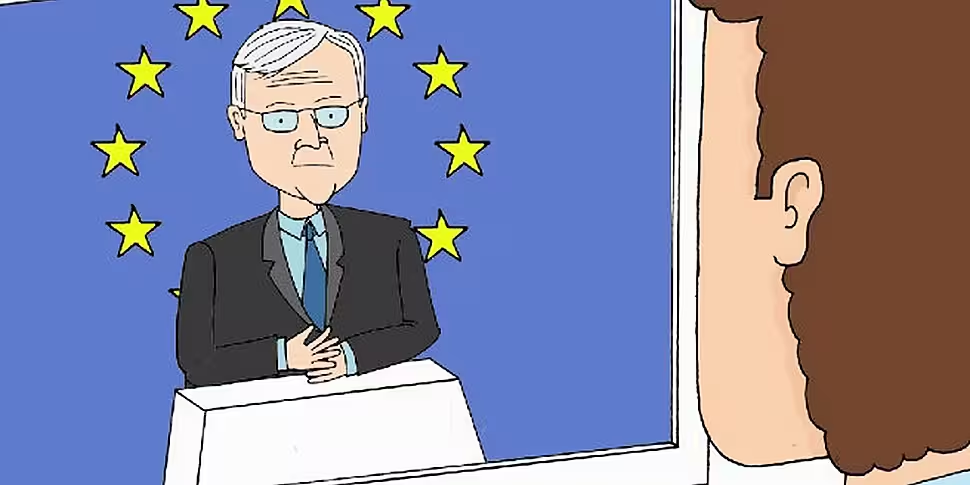We have all become desensitised to the importance of economic pronouncements coming from Europe. Sometimes it is because the language is deliberately obtuse, filled with economic acronyms like GDP, PMI and QE, and other times it is because the institutions making the pronouncements seem so far removed from our day to day. It is reasonable to ask the question, does it really matter?
Last week's grand pronouncement of the European Union's New Deal, a recovery package made by incoming European Commission President Jean-Claude Juncker is a case in point. This package took months to prepare and yet markets have dismissed it as insubstantial. So why is that and how does it matter to us here in Ireland?
Europe, believe it or not, is still in dire straits. Since 2008 the USA, UK, Japan and China have all engaged in massive money printing programs in order to stimulate their economies. Global Debt has risen to €205 trillion up 25 percent since 2008 – that is €205,000,000,000,000 – a figure which is like describing how far a star is away from Earth to the average mortal.
Consider this though, a million seconds are about eleven and half days, a billion seconds are thirty two years and a trillion seconds are thirty two thousand years. You get the picture. This massive debt stimulus program, rightly or wrongly, has kept the global economy ticking along. Only time will tell if it was the right approach or not and it could of course lead to an apocalyptic crisis but for the time being it has exposed Europe's efforts as being woefully inadequate. Effectively Europe is totally out of sync with the rest of the world and there are real fears that this dysfunctional approach could lead to disaster whilst we, the EU's citizens, are imagining everything is fine and dandy.
As a result Juncker's package was an important statement on the EU's intent. The package was announced with great fanfare as the EU's new deal. €315bn of new money for infrastructure spending, the creation of 1.3 million jobs all sounds very positive but even this figure looks small compared to the trillions created globally since 2008. Remember this is 315 years of seconds in the package compared to 205 thousand years of seconds in debt creation.
Disappointing, Mr Juncker
And unfortunately the Juncker's soufflé fell flat as soon as it left the oven. It turns out that the EU contribution is only €16bn and the rest is to come from unnamed private industry investors. It is in a word disappointing. €315bn is what they are hoping for €16bn is what they have got, in economic terms this is a drop in the ocean.
The EU's new deal exposes a lot that is wrong with the EU, a state that acts like a state but really is not one because it cannot draw adequately from its members when it needs state funding. It exposes the lack of coordination and control at the EU commission. It is like one of those dreadful Santa Claus extravaganzas where kids are promised a winter wonderland and instead see a couple of donkeys, and a group of Santa's helpers smoking out the back waiting to knock off.
The investment plan does, however, mount significant pressure on the European Central Bank (ECB) and it looks increasingly likely that it will try some sort of money printing or Quantitative Easing (QE) in 2015. Its approach, at present seems, to be to buy back the bonds of various EU countries in order to boost the amount of money in their respective domestic economy. This has worked in the UK and the USA so far. In Europe though it is going to be hard to achieve. When the EU was set up a document called the Treaty for the Functioning of Europe expressly forbade this kind of direct funding to sovereign nations.
Ireland took the EU's medicine, unfairly given at times, and no doubt is a better nation for it. We now have a right to expect similar levels of determination, coordination, and effort from the EU but what we got last week was more bluster. If Europe does not get its act together soon it will impact the economy here at home. The EU is still walking the cliff edge but claiming everything is just fine. Time is now running short and that matters very much to you and me.









